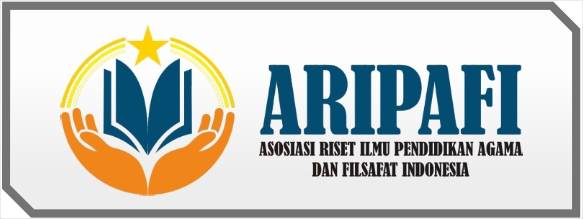Pancasila Era Orde Lama, Orde Baru dan Reformasi
DOI:
https://doi.org/10.59581/garuda.v2i4.4258Keywords:
Pancasila, Implementation, Order, ReformAbstract
This study aims to examine the role and implementation of Pancasila in three periods of government in Indonesia: Old Order, New Order, and Reformasi. Pancasila, as a state ideology, has undergone various changes in interpretation and application in accordance with the political and social dynamics that occur in each era. Under Soekarno's leadership in the Old Order, Pancasila was used as a unifying tool in the context of ideological pluralism, but faced internal and external challenges that threatened national stability. During the New Order period, Pancasila was used as a single principle used to strengthen political legitimacy, but it was often misused to silence criticism and opposition. The reforms brought greater political freedom and a more inclusive interpretation of Pancasila, but still faced challenges in overcoming radicalization, intolerance, and social disparities. This research concludes that although Pancasila remains relevant as the basis of the state, efforts are needed to actualize its values to suit the challenges of the times.
References
Hadi, W. (2019). Pancasila and the abuse of power: A critical reflection on Indonesia's New Order era. Indonesian Journal of Political Science.
Nugroho, R. (2021). Pancasila and national unity: A historical review of the New Order era. Journal of Indonesian Studies.
Ricklefs, M. C. (2018). A history of modern Indonesia.
Santoso, J. (2019). Revisiting the role of Pancasila in combating KKN during the New Order.
Syukri, A. (2017). Pancasila dalam perspektif demokrasi di era reformasi.
Wasis, et al. (2020). Optimization with fuzzy multiple criteria decision making for public policy.
Wikipedia. (n.d.). Orde Lama. Wikipedia.
Yunita, R. (2020). Pancasila as a political legitimacy: The legacy of the New Order in Indonesia. Indonesian Journal of Political Science.
Downloads
Published
How to Cite
Issue
Section
License
Copyright (c) 2024 Garuda: Jurnal Pendidikan Kewarganegaraan Dan Filsafat

This work is licensed under a Creative Commons Attribution-ShareAlike 4.0 International License.













